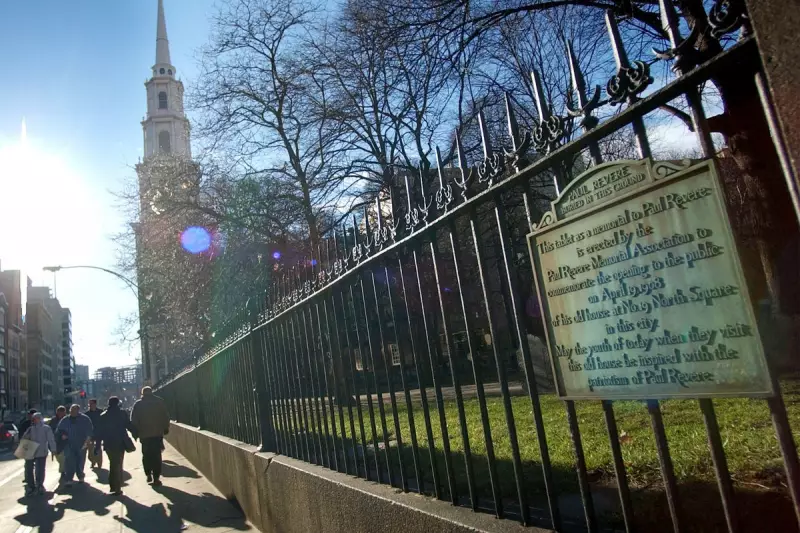
In a landmark study that's capturing international attention, researchers at Bangor University have uncovered surprising evidence about the resilience and evolution of minority languages across Britain and beyond. The comprehensive research reveals how languages once considered endangered are not only surviving but adapting to the modern world in remarkable ways.
The Celtic Connection: More Than Just Welsh
While Welsh language preservation efforts have shown considerable success in recent decades, the Bangor study reveals similar patterns emerging in other minority languages. The research team documented unexpected parallels between Welsh and languages as geographically diverse as those found in Cleveland, USA, and Nova Scotia, Canada.
"What we're witnessing is a global phenomenon of linguistic adaptation," explained the lead researcher. "Languages that were once written off as relics of the past are demonstrating incredible resilience and finding new ways to thrive in the digital era."
Digital Age Renaissance
The study highlights how technology has become an unexpected ally for minority languages. Social media platforms, streaming services, and digital communication tools are providing new spaces for these languages to flourish among younger generations.
- Online communities creating content in minority languages
- Educational apps making language learning accessible
- Digital archives preserving linguistic heritage
- Social media movements revitalising interest among youth
Policy Implications and Future Prospects
The findings from Bangor University are already influencing language policy discussions at both devolved and national government levels. The research suggests that targeted support and recognition can significantly impact the survival prospects of minority languages.
Educational institutions across the UK are now looking to Wales as a model for successful language preservation, with many adopting similar approaches to support linguistic diversity in their own regions.
As the study continues to gain recognition, it's clear that the work being done at Bangor University is not just academic – it's helping to shape the future of cultural preservation across Britain and informing global approaches to protecting linguistic diversity.





